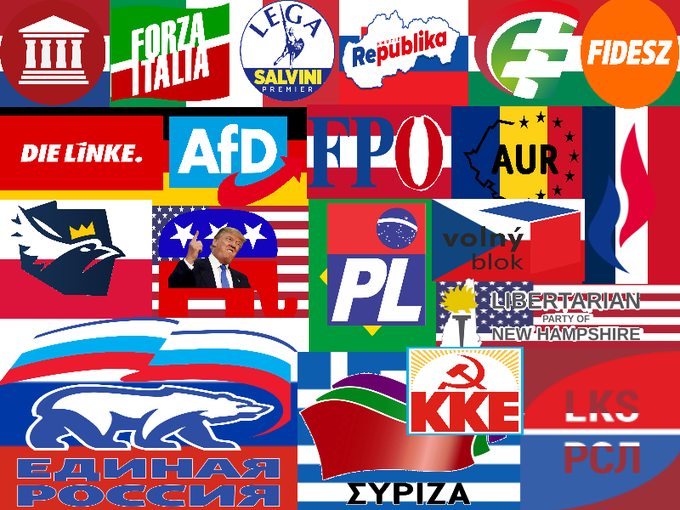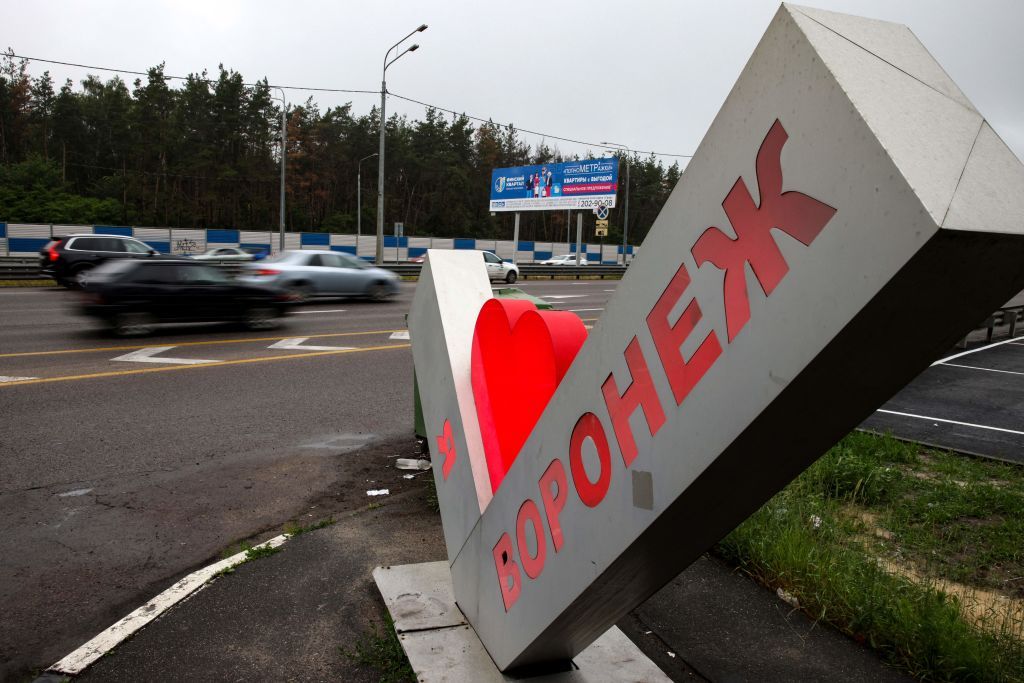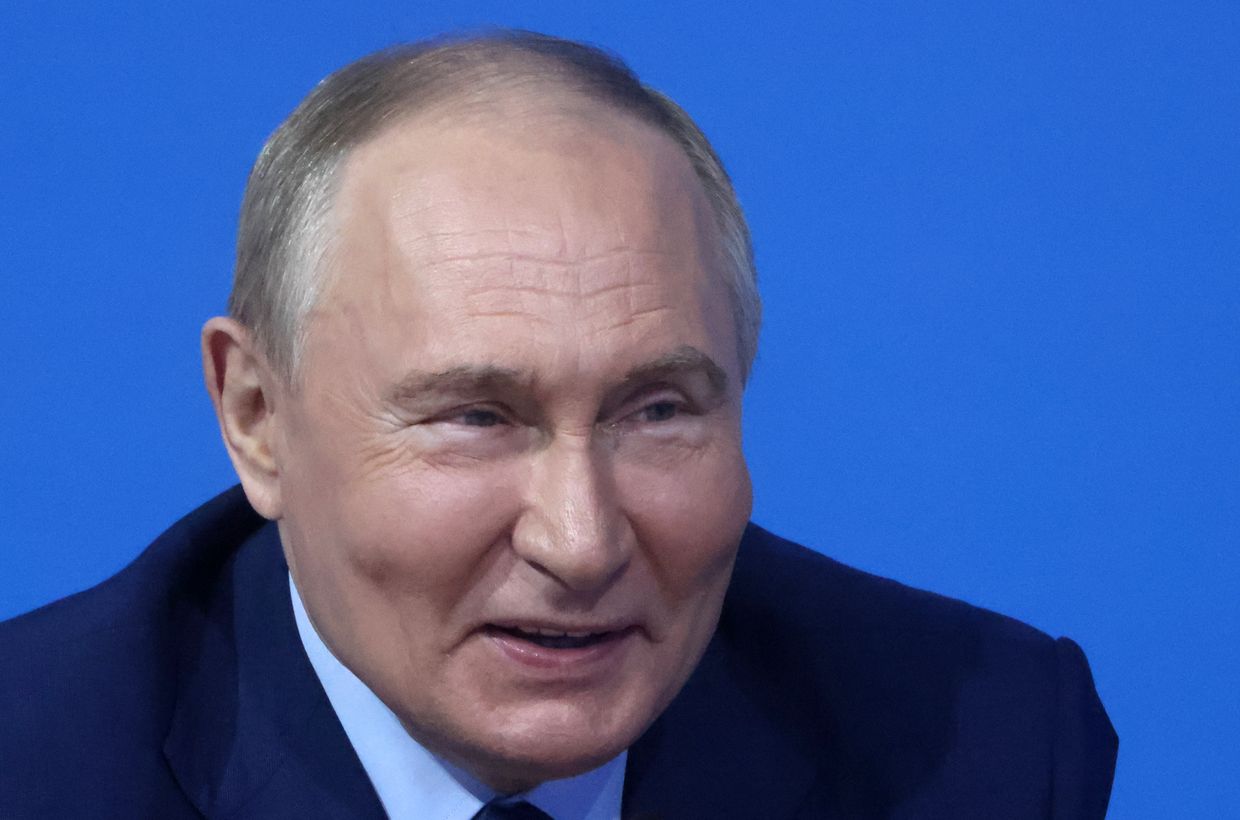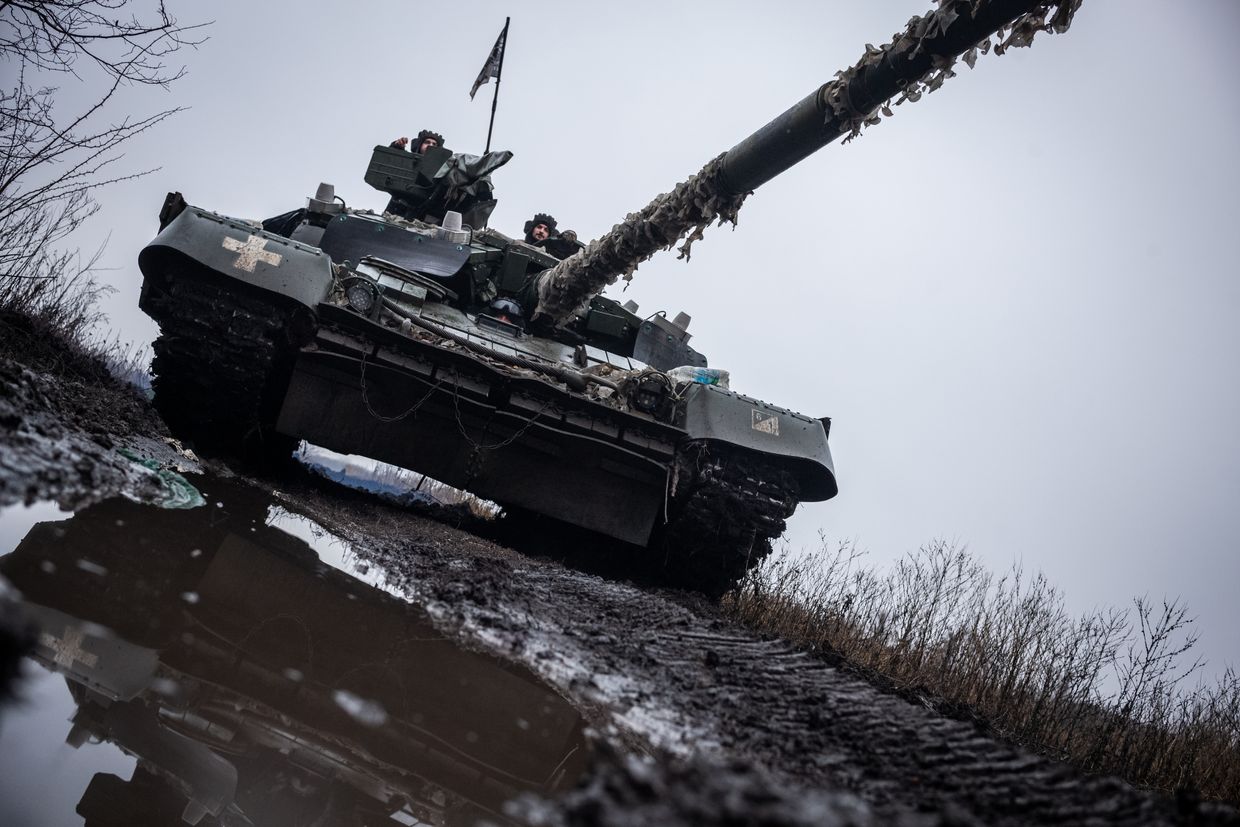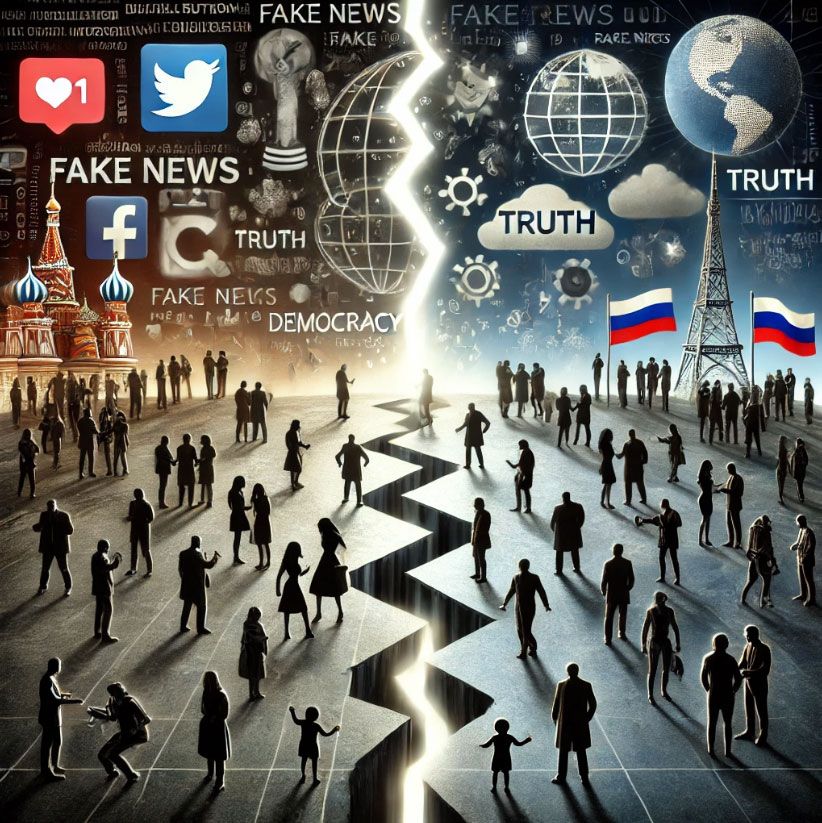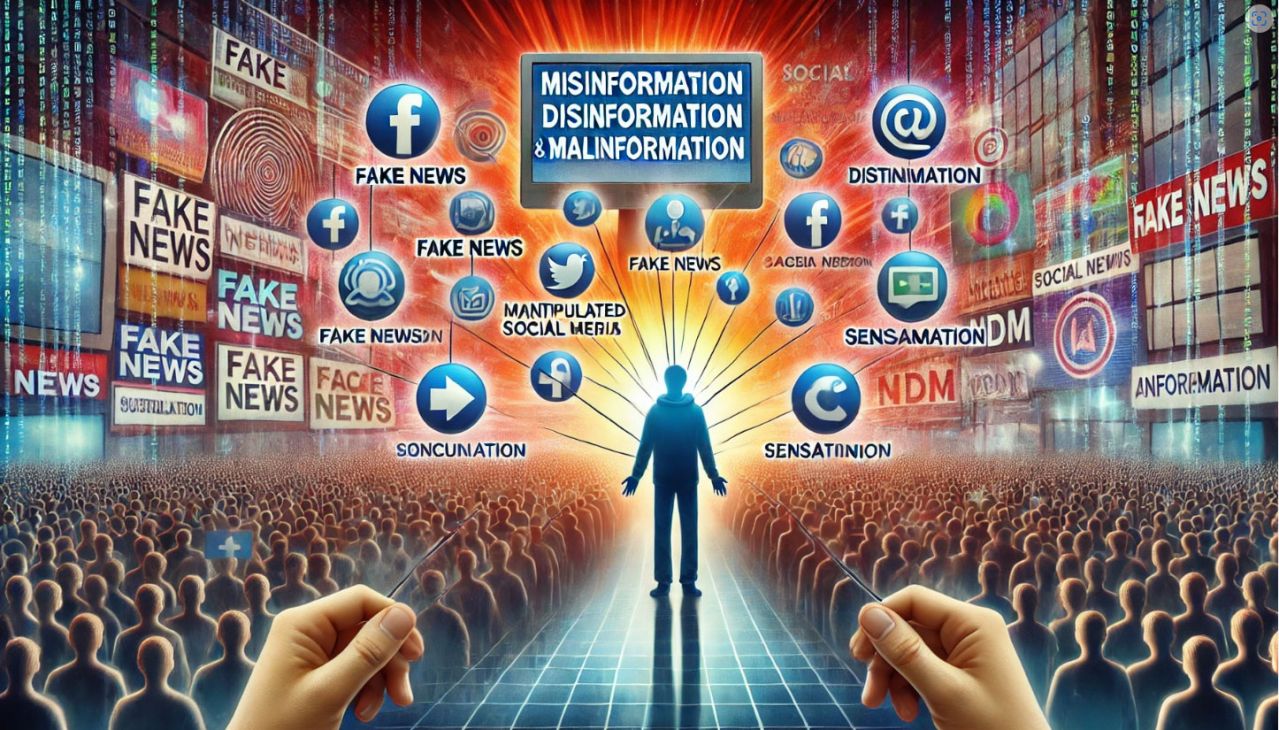From the Soviet era to present-day geopolitics, Moscow has exploited internal divisions, manipulated political movements, and installed or supported weak leaders to weaken state institutions, retard development, and erode democratic norms across Europe.
1. Historical Foundations: Stalin's Contempt for Europe
Joseph Stalin and Soviet leadership historically viewed smaller European nations as strategically insignificant, fostering a dismissive attitude that justified political domination and manipulation.
This dismissive attitude led to deliberate policies of installing loyal yet often inept leaders across the Eastern Bloc, ensuring that these nations remained politically submissive and economically stagnant.
- East Germany: Erich Honecker prioritized Soviet loyalty over effective governance, resulting in economic stagnation and public discontent.
- Romania: Nicolae Ceaușescu's vanity and authoritarianism, tolerated by Moscow, led to severe economic mismanagement and repression.
2. Soviet Control Through Weak Leadership in the Eastern Bloc
The Soviet Union's grip over Eastern Europe was maintained by installing leaders who were politically loyal but lacked independent competence.
- Bulgaria: Valko Chervenkov (1950–1956) implemented harsh Stalinist policies, causing widespread fear and economic stagnation.
- Czechoslovakia: Klement Gottwald followed Moscow's directives, purging rivals and creating a repressive state.
This pattern ensured that these countries remained economically underdeveloped and politically subservient.
3. Modern Russia's Influence Over European Leaders
In the post-Soviet era, Russia has adapted this strategy by exploiting democratic systems and supporting leaders or parties that align with its interests.
Moscow leverages energy dependence, financial incentives, and disinformation to influence European politics.
Hungary (Viktor Orbán)
- Energy Ties: Orbán has cultivated close ties with Vladimir Putin, securing Russian loans for Hungary's Paks II nuclear power plant. (Politico)
- Political Alignment: Hungary has repeatedly blocked EU sanctions against Russia, aligning with Kremlin interests.
Italy (Silvio Berlusconi)
- Personal Ties: Berlusconi maintained a personal friendship with Putin, facilitating energy deals favorable to Russia. (BBC)
- Policy Influence: His government undermined EU unity by pursuing pro-Russian policies.
France (Marine Le Pen)
- Financial Support: Le Pen's National Rally party received loans from Russian banks, influencing her anti-EU and anti-NATO stance. (Reuters)
United Kingdom (Brexit Influence)
- Disinformation Campaigns: Russian disinformation campaigns fueled Brexit divisions. (UK Parliament Report)
- Financial Influence: Russian-linked oligarchs allegedly funded pro-Brexit movements.
4. Russia's Recruitment of Vain and Incompetent Leaders
Russia deliberately supports leaders who are:
- Vain: Driven by ego, they are more susceptible to flattery and manipulation.
- Incompetent: Poor governance weakens institutions, creating opportunities for foreign influence.
- Corruptible: Willing to trade national interests for personal gain, making them tools for Russian policy.
5. Consequences of Russia-Backed Incompetence
Russia's historical strategy of empowering incompetent leaders continues today.
By backing corrupt, vain, and ineffective leaders in Europe, Moscow ensures these governments remain weak, divided, and vulnerable to foreign influence.
- Democratic Erosion: Leaders undermine judicial independence and media freedom, as seen in Hungary and Poland.
- Economic Instability: Corrupt leadership stalls reforms and fosters inequality.
- Weakened EU Solidarity: Pro-Russian leaders hinder unified responses to global threats.
- Security Risks: NATO's unity is undermined when member states prioritize Russian interests.
6. Strengthening Democratic Resilience
To counter Russia's strategy, European nations must:
- Strengthen Democratic Institutions: Safeguard judicial independence and press freedom.
- Reduce Energy Dependence: Diversify energy sources to weaken Russia's leverage.
- Expose Foreign Influence: Investigate and publicize Russian financial support for political movements.
- Foster Civic Education: Promote awareness of disinformation and foreign interference.
Conclusion
Russia's historical and modern tactics of empowering incompetent, corrupt, and vain leaders are deliberate strategies to destabilize Europe.
Recognizing and confronting this manipulation is essential for preserving democracy, sovereignty, and security across the continent.
Europe must stay alert, fortify its democratic institutions, and reject leaders who place personal ambition above the public interest—before history inevitably repeats itself.
This cycle of manipulation must be recognized and broken.


